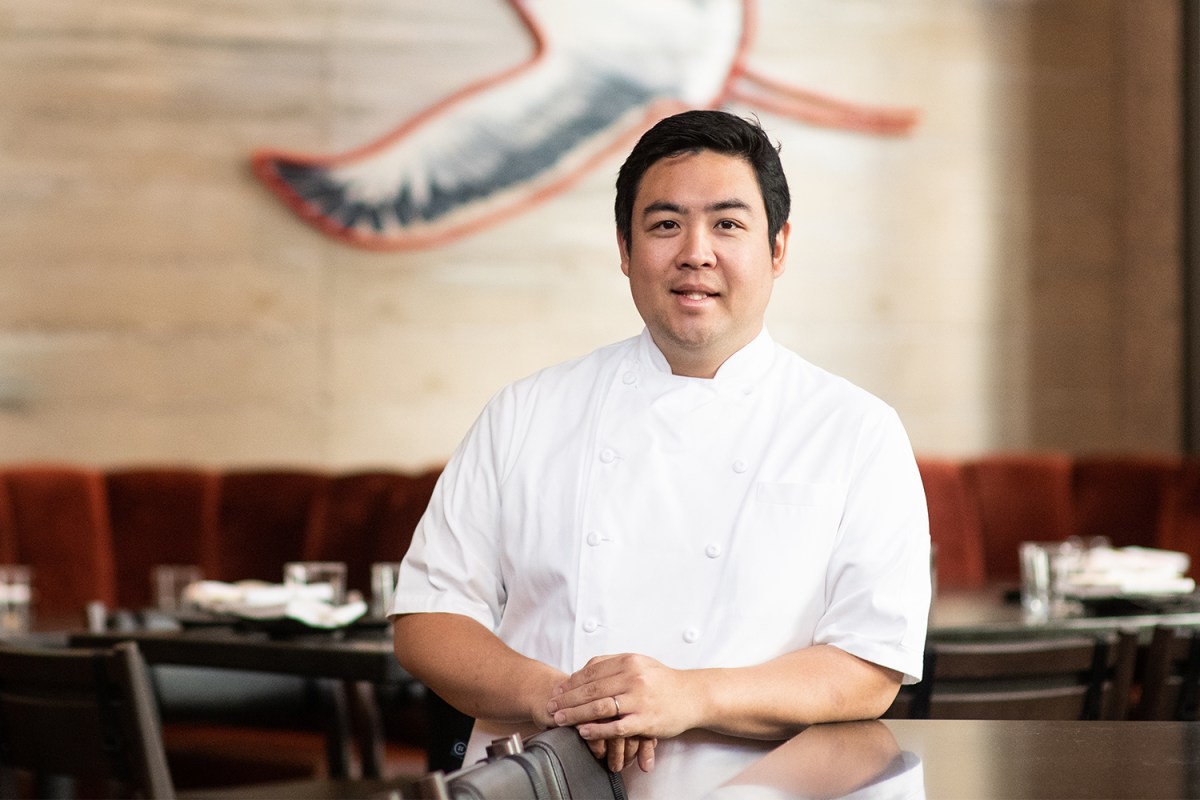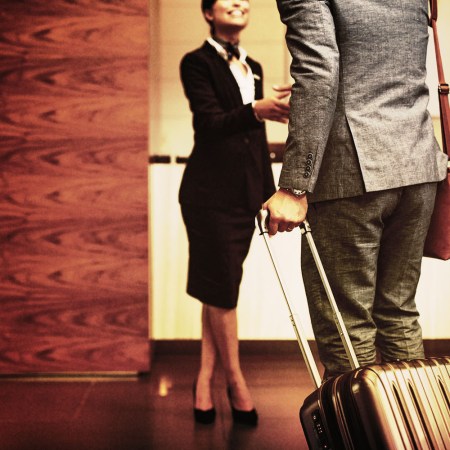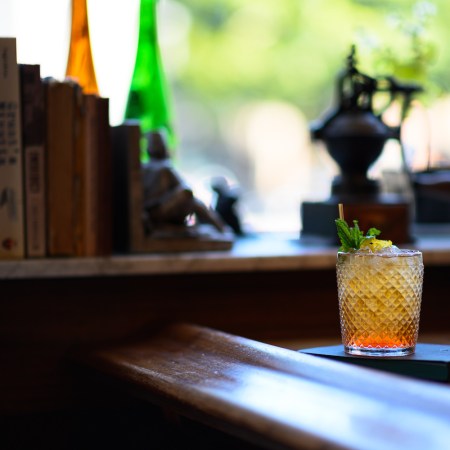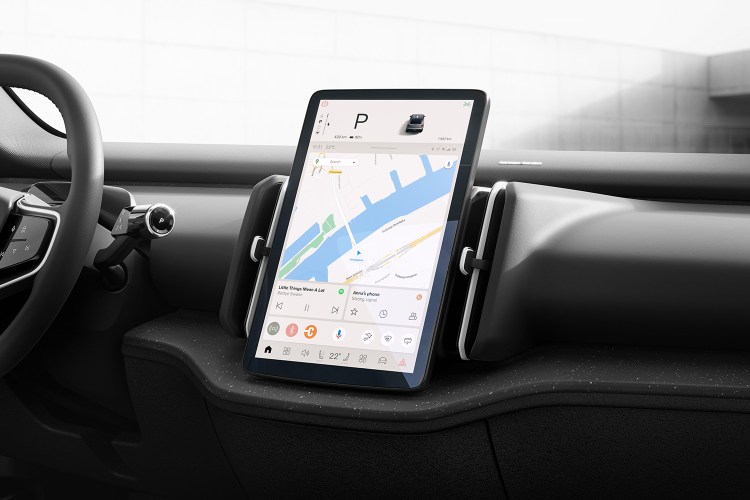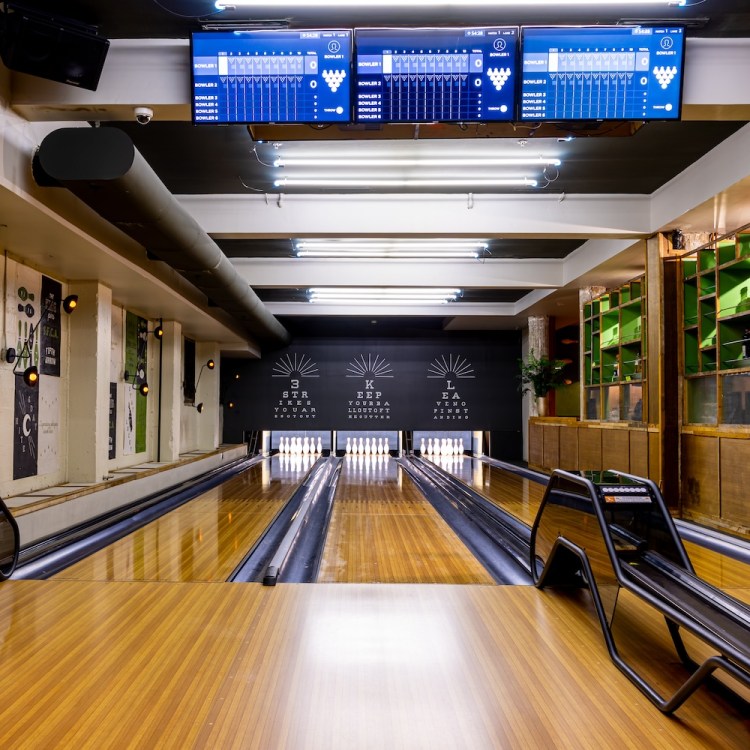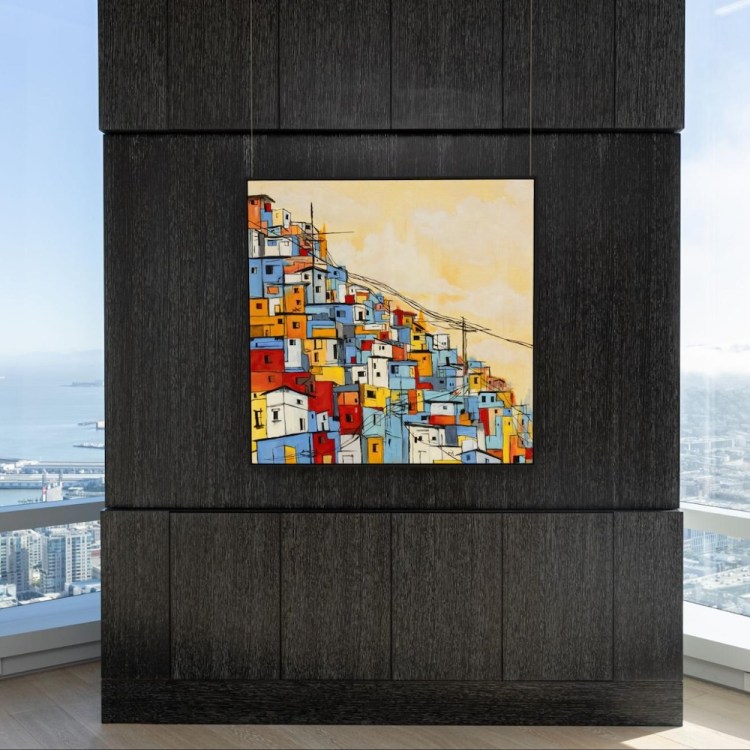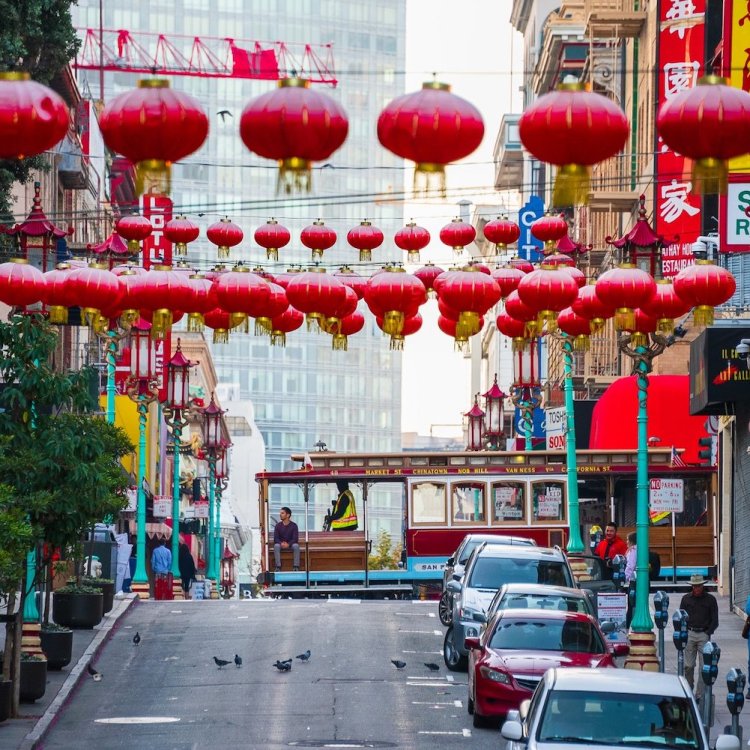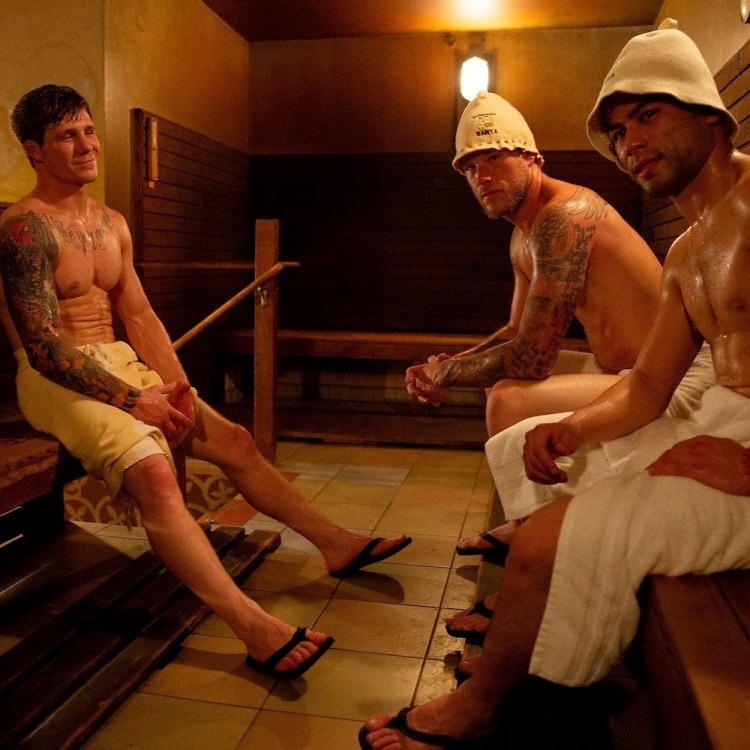Chef Ken Tominaga was a Bay Area sushi pioneer, an integral part of the local dining community for more than three decades. But he wasn’t always destined to wield a yanagiba knife.
While the Tokyo native had worked in restaurants throughout high school, he opted to pursue a degree in engineering before moving to California in 1986 to join the family business in Santa Rosa, making rifle scopes by hand. It wasn’t until the business was sold that the young Tominaga (who, one can only imagine, had developed a steady hand by then) headed home to Tokyo to attend Akasaka Cooking School. Upon his return to the U.S. in 1990, he opened Sonoma County’s Hana Japanese Restaurant, which many consider Wine Country’s first high-end Japanese restaurant.
Tominaga’s accomplishments did not stop there. In 2014, he and celebrity chef Michael Mina teamed up to launch PABU Izakaya, and last year, he collaborated with Chef Dustin Valette to open a sushi bar at downtown Healdsburg restaurant the Matheson.
In May, the 61-year-old chef passed away after a short battle with cancer. Now, his son Keita Tominaga is taking the reins at PABU.
Despite his father’s widespread acclaim, the younger Tominaga says he did not always feel called to seize his spot at the sushi bar.
“I was not planning on following in my father’s footsteps,” he says. “Growing up, I did not want to become a chef, because it required a lot of time and sacrifice — especially time away from family.”
Nevertheless set on a career in hospitality, Tominaga began his studies — and much like his father, he found himself gravitating toward the kitchen.
“I was spending more time in the restaurant than at school,” he recalls, “and decided to enroll in culinary school instead.”
This is far from the only thing the two men shared. They both had the same favorite bite: bluefin tuna, “specifically the cut between the back meat and the chu toro,” he says. They both understood the importance of tradition and seasonality in Japanese cuisine. And after graduating from the Culinary Institute of America, the the father-son duo shared an office, too: the kitchen at Hana, where Keita reaped the benefits of his father’s decades of experience.
“My favorite memories with him are simply testing recipes at home or at the restaurant,” he says, “and talking about food with him all night long.”
That his father has had such a lasting impact on local food culture is no surprise to Tominaga.
“My father served what he thought was good and what reflected authentic Japanese cuisine,” he says. “There were a lot of guests that sat in front of my father for the last 30 years, and he always enjoyed serving them something they never had before. That is how the local people started eating new things and learning more about Japanese cuisine. He loved feeding people but also educating his guests.”
Keita took full advantage of his father’s expertise, and over time, he’s gleaned many pearls of wisdom, perhaps the most surprising of which is that “cooking always comes last.”
“You need to know how to keep a kitchen clean and organized and how to order ingredients before you can start cooking,” he says. “Making sushi comes last.”
Tominaga also learned how to balance a keen understanding of tradition and an understanding of the demands of a local diner.
“We serve steak at PABU, but it’s prepared and served in a Japanese way, not just with salt, pepper and a sauce,” he says. “We might change the garnish or presentation but the dish is still Japanese at its core. That identity is really important to me.”
Now that the younger Tominaga is at the helm of the restaurant, this understanding may pave the way for dishes with even more local or contemporary flair.
“There are always parts of the experience that evolve with the generations,” he says. “We are always working to accommodate the needs of our guests by offering vegan and vegetarian dishes, for example.”
While Tominaga clearly has great plans in store for his new role at PABU, he will not forget his roots. He worked alongside his father at Hana “on and off my entire life,” he says, before taking on his current position in March 2021.
“Hana is my father’s first restaurant, so I have to make sure that it is taken care of, too,” he says. “I’ll be going back and forth as much as possible.”
And above all, he’ll be keeping his father close to heart and to mind.
“Most of my culinary career has been spent inside the kitchen,” he says, noting that despite all of the lessons learned and moments shared, “I wish I spent more time learning about the art of making sushi with him.”
This article was featured in the InsideHook SF newsletter. Sign up now for more from the Bay Area.
